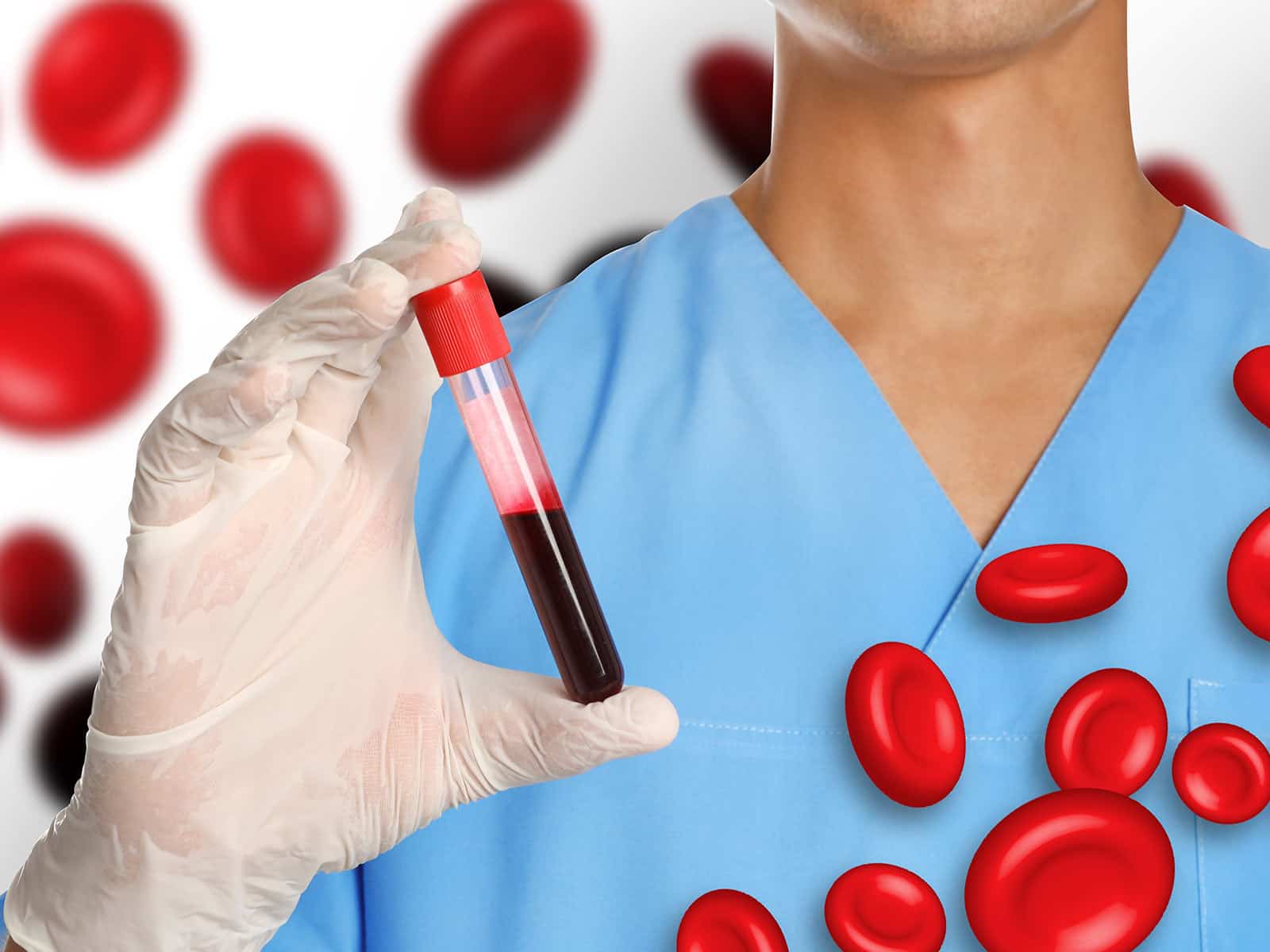
Eosinophilia Gastritis is a very uncommon inflammatory disease, in which eosinophiles (a form of a white blood cell) calculate to unwarranted levels in the stomach walls. These cells are usually used to combat allergens and parasites, however, when they accumulate, they result in inflammation resulting to pain and poor digestion in the stomach.
The symptoms differ depending on the individual, but they usually include:
It is not always obvious what triggers it but known causes include:
Since the moment that you contact us, our team in Houston is ready to assist you in all the stages of the diagnosis and treatment of eosinophilic gastritis. GastroDoxs will gladly work with you to arrange your personalized consultation and start the path of long-term relief and improved digestive health. Call GastroDoxs right now to make the appointment.
We've successfully treated more than 1.5K patients, helping individuals improve their digestive health and overall well-being through expert, personalized care.
With over 20 years of experience, GastroDoxs has been a trusted provider of gastroenterology care, focusing on delivering the best outcomes for patients
Diagnosis normally entails a classical physical examination, blood analysis in order to assess eosinophil count, upper gastroenteroscopy that will be used to examine the stomach mucous membrane and biopsy samples performed during endoscopy to examine the high level of eosinophils in the tissue.
Examples of common triggers include dairy, eggs, soy, wheat, nuts and shellfish. To determine certain food sensitivities and subsequently either avoid them or slowly reintroduce them as a source of problem foods, your doctor can refer to eliminate diet.
No official cure has yet been developed, but a great number of patients obtain some considerable symptom improvement and increase in the quality of life by dietary adjustments, medication, and continued follow-up.
Budesonide is an oral corticosteroid with low dose, which suppresses inflammation in a stomach dope. It has anti-inflammatory effects of steroids but with fewer side effects of the others.
Dupixent remains the biologic injection that prevents certain immune action pathways related to eosinophils overproduction. It suppresses their effects and inhibits inflammation and severity of the symptoms.
Yes. Children and adolescents are susceptible to it. The pediatric gastroenterology staff generalizes safe, age-specific division of therapies and nutrition to handle the situation proficiently.
A follow-up endoscopy is done by most patients 6-12 months, when they are under treatment, to determine healing and tissue eosinophil. Other scopes are determined by your answer and re-emergence of the symptoms.
Yes. Nevertheless, dietary exclusion and drugs, such as budesonide, Dupixent, and PPIs can mostly be tolerated. To keep an eye on side effects and make therapy changes accordingly, we follow you up.
Absolutely. An experienced gastroenterologist who has also dealt with eosinophilic GI disorders is able to make a correct diagnosis, locate triggers and design a specific treatment and monitoring program.
Dietary change or medication appears to provide new improvement in symptoms to many patients within a few weeks of its application. Mucosal healing and relief after several months may not be complete, rather complicate it depending on its severity.